Few songs create a cultural moment in the way that Olivia Rodrigo’s atmospheric teen heartbreak anthem “drivers license” did upon its release in January of this year. The then-seventeen-year-old singer became the youngest artist to debut at #1 on the Billboard Hot 100, a position she held for a full two months. A true global sensation, “drivers license” reached #1 in the UK, Japan, and more than 20 other countries. It set a new streaming record on Spotify, with over 17 million plays in a single day, and reached the 100 million streams mark faster than any song in history. There was even an entire Saturday Night Live sketch about it that reverentially called the song’s crescendo “the bridge of our lives.”
Rodrigo has rightfully earned attention for her vulnerable Tayloresque lyrical approach. In an interview with the Songcraft: Spotlight on Songwriters podcast (part of the American Songwriter Podcast Network), her co-writer and producer Dan Nigro delves into the song’s musical structure, and his approach to creating the right sonic pallet.
Videos by American Songwriter
Dan began his musical life as the leader of indie rock band As Tall As Lions before transitioning to songwriting and producing. His resume includes “Cameo Lover” by Kimbra, “Mercy” by Lewis Capaldi, “Castles” by Freya Ridings, “So Hot You’re Hurting My Feelings” by Caroline Polachek, and “Heather” by Conan Gray. In addition to those songs, which have nearly 300 million combined views on YouTube, Nigro has written and/or produced for Sky Ferreira, Kylie Minogue, Billy Idol, Little Boots, Carly Rae Jepsen, Zella Day, FINNEAS, and many others. Despite all his success, however, Dan was caught off guard by the “drivers license” phenomenon. “It’s the most surreal thing ever,” he admits. “I never thought in a million years this would happen….It’s absolutely incredible.”
For Nigro, the opportunity to work with Rodrigo unfolded organically. A friend suggested that Dan listen to the star of the Disney+ mockumentary series High School Musical: The Musical: The Series. “I checked it out, and I was just completely blown away,” he reveals. “I actually reached out to her and just asked her if she would like to meet up and maybe try to write or produce or whatever.” Within a couple of weeks, the pair got together for an initial meeting to get to know one another. And then the pandemic hit. They didn’t talk for a few months, but finally reconvened when they figured out a way to work safely in the summer of 2020.
The constraints of the pandemic ended up creating the perfect creative environment. “It takes a while for people to start to feel really comfortable,” Dan explains, “whether it’s weeks or months of being with somebody in a room. And that’s actually one of the reasons why I like to work one-on-one with artists. I feel like the more there’s other people in the room, it’s easier for an artist to close off.” The trust that was created allowed Olivia to share her highly personal and confessional concepts. “With this song, as well as other songs of Olivia’s, she actually brings me the initial idea,” Dan continues. “It’s a song that she brought in. Then I kind of help her map it out and add things. And, if some parts are not as good as others, I help her make certain parts better. That’s kind of what I’ve learned over the years of my songcraft, is that’s actually what I’m best at. I’m not the person who comes into the writing room with the concept and the idea of the song, but I’m the person who you would bring a song to, and I would help you finish it.”
Nigro recognized that the emotionality of the lyrics required just the right musical backing. “In the ‘90s I was obsessed with Radiohead, Coldplay, Bjork, and these artists where the lyrics were important,” he explains, “but it was about the actual vibe of the music that made me gravitate towards it….When someone’s playing me a song I’m always getting obsessed about what the chords are, and what chords could be changing under the words to make them make more sense, and what the production is under it that’s going to make that word hit harder.”
While he’s a self-professed obsessive about sonics, Nigro is, first and foremost, a songwriter who wants to make sure nothing is lost in the production. “I think the thing that I’m always trying to achieve,” he explains, “is just to make sure that I’m not doing any sort of disservice to the song, which sounds kind of cliché and obvious, but it is easy for a producer to overproduce a song—and I’m definitely guilty of it a lot. But I think, because I’m a songwriter, I listen to the song as a songwriter and not as a producer…. I want the lyrics to be in your face. I’m constantly trying to make sure that there’s nothing in the production that’s taking you away from listening to the song.”
For Nigro, serving the song means being willing to break the rules. That’s certainly true for “drivers license.” “I don’t actually even look at the song as having a typical structure in terms of a verse and a chorus,” He says. “It’s a verse, and then it hits a turnaround or a pre-chorus, and then a tag. The chorus isn’t really like a traditional chorus to me. It’s a buildup to something.” That something is an epic bridge. While bridges in pop music have largely fallen out of favor in recent years, Nigro and Rivera make theirs the emotional centerpiece of the song. Perhaps that is what most resonates with listeners who have turned it into the first undeniable smash hit of 2021.
The experience has been immensely gratifying for Dan, who is personally invested in the song and his collaborative partnership with Rodrigo. “It’s not like some random artist that I met one time, and we wrote a song, and it happened to do well, and I never talked to that artist again,” he acknowledges. Instead, he’s being recognized for what he does and who he is as a creative force. “It feels extra special knowing that it stemmed from a place of an artist and I really digging deep,” he reveals.
Unlike Rodrigo, who is now a certifiable media star, Dan still has the luxury of getting to be a songwriter and producer without the pressures of the constant spotlight. “Yesterday my wife and I went out for a cup of coffee, and were walking back to the house,” he laughs. “My neighbor across the street has two daughters—they’re probably ten and twelve or something—and they were blasting the song….I looked at my wife and I was like, “Should we tell ‘em?” She was like, “Nah.”
Scott B. Bomar is a Grammy-nominated writer, researcher, and award-winning author. He is the co-host, with Paul Duncan, of the podcast Songcraft: Spotlight on Songwriters.

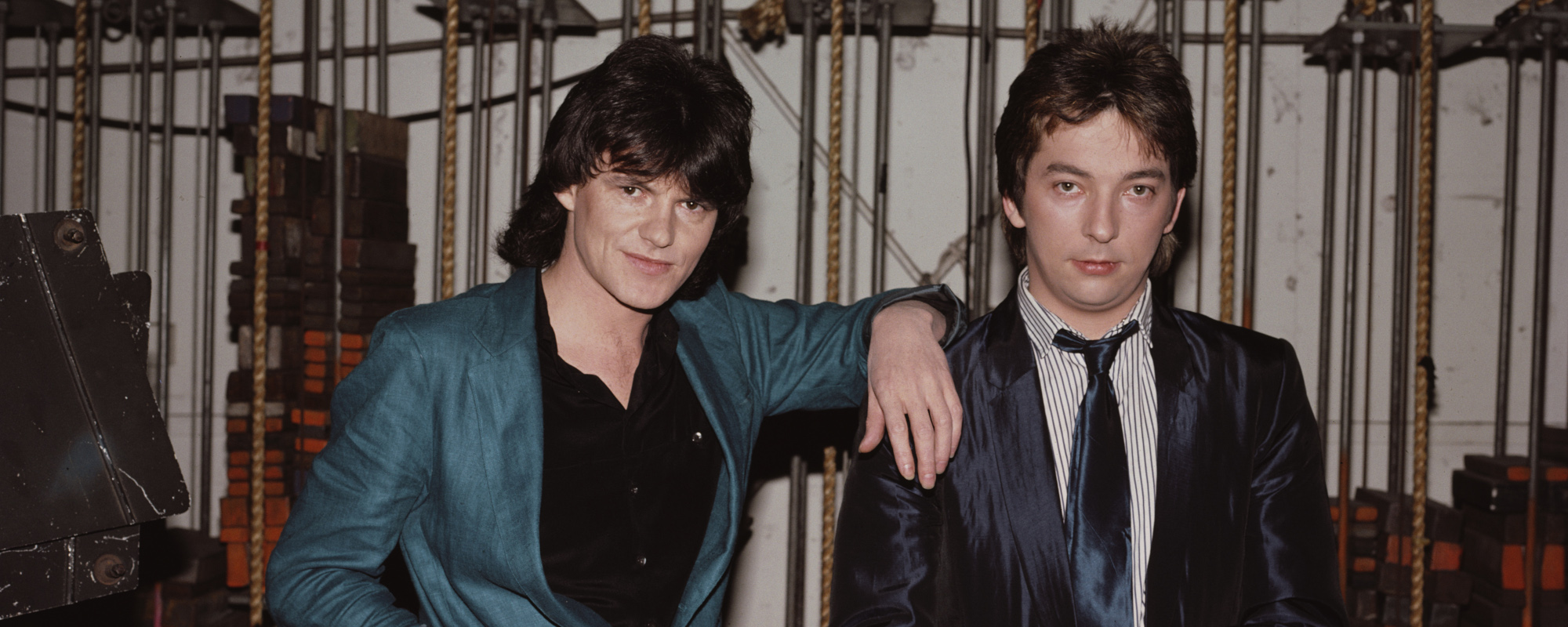
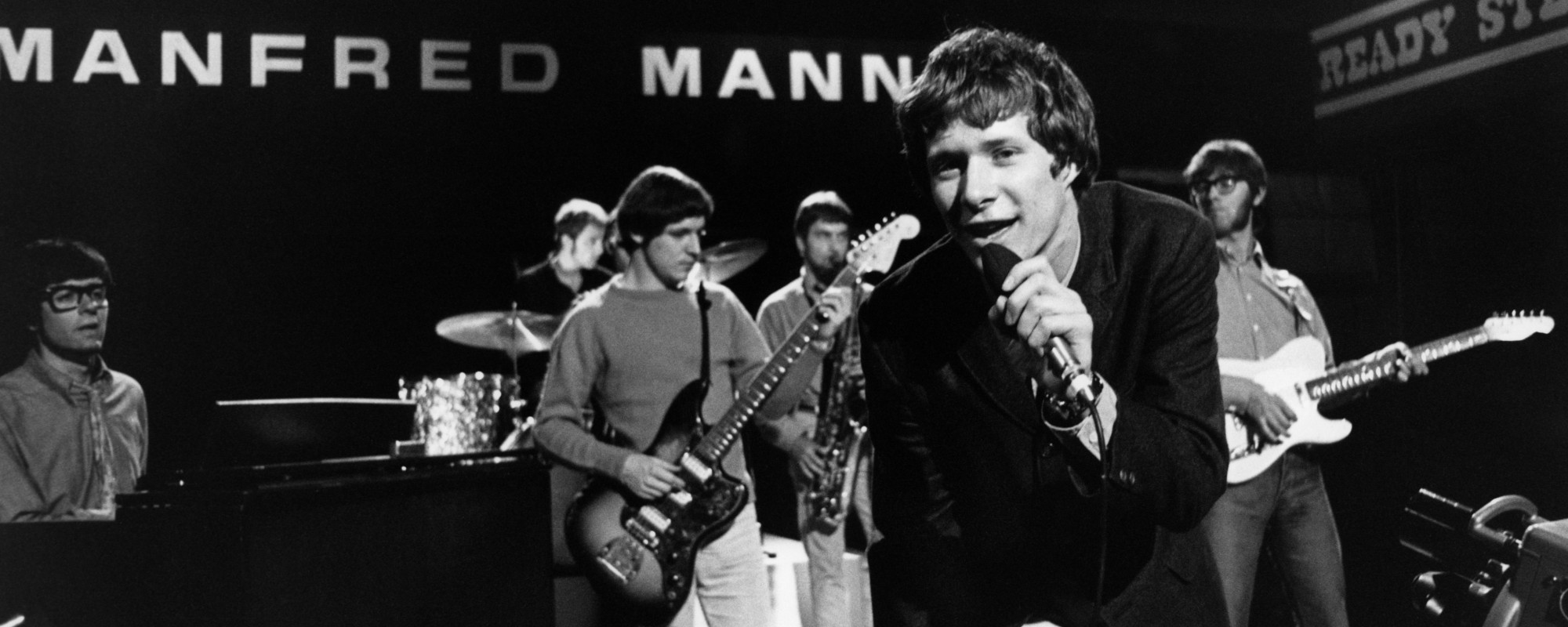
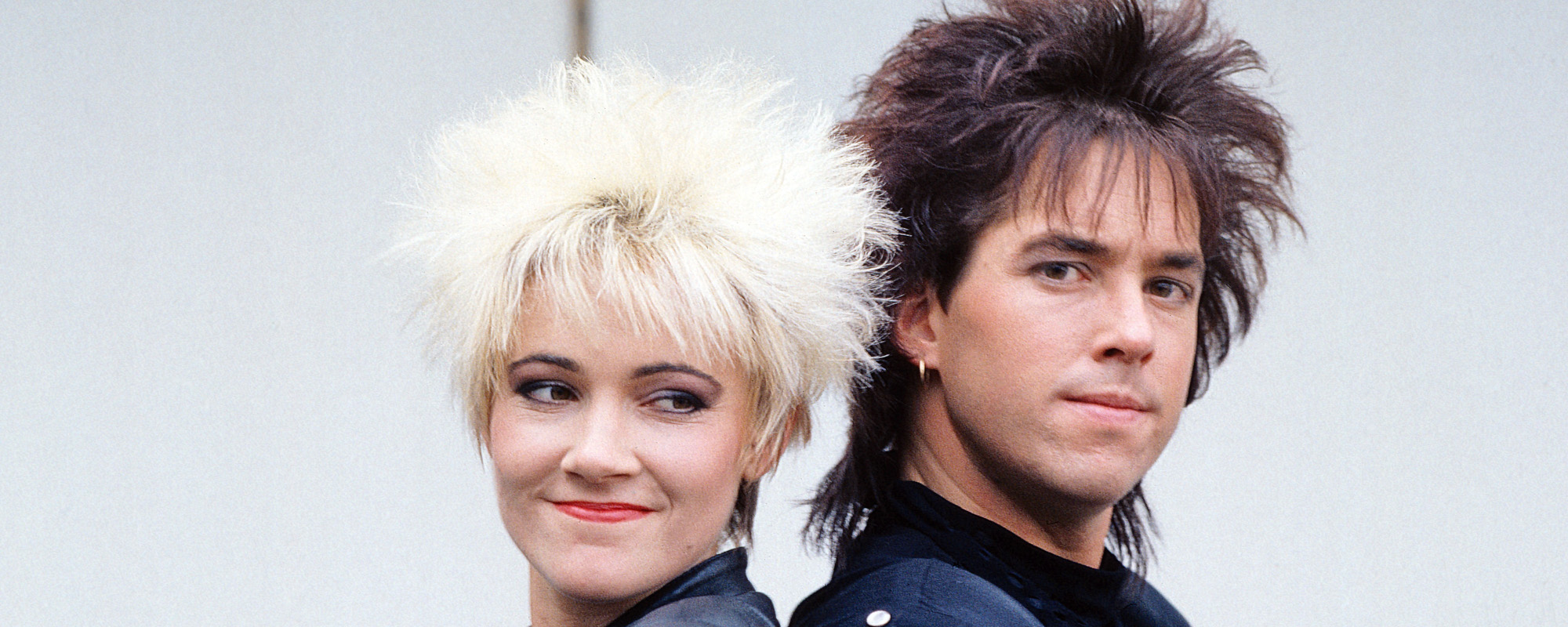
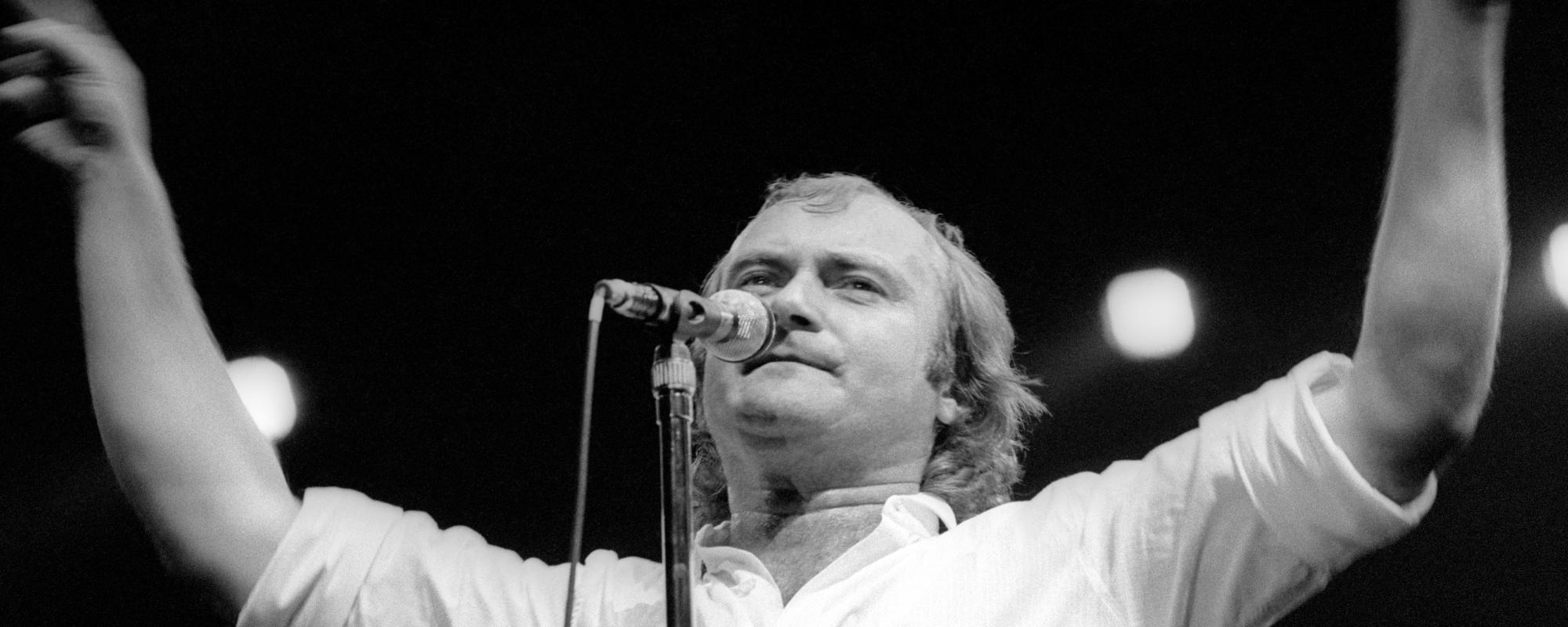
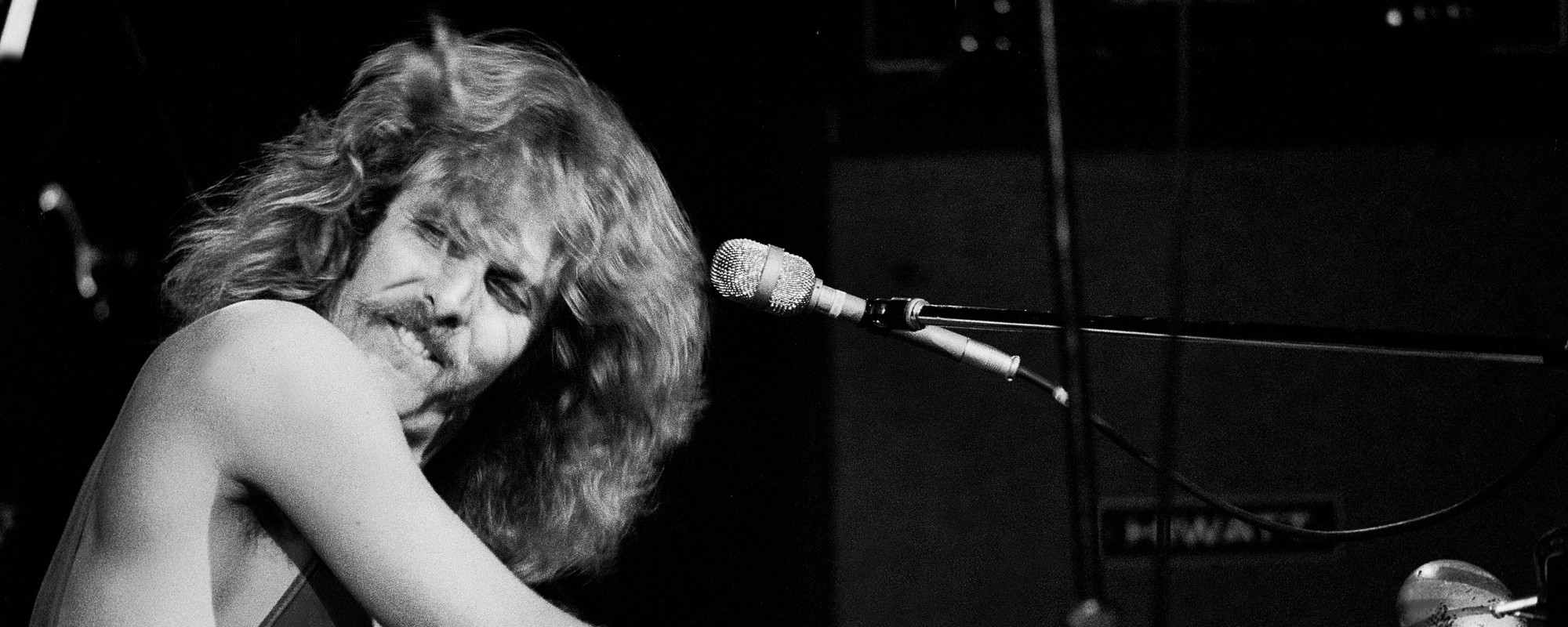


Leave a Reply
Only members can comment. Become a member. Already a member? Log in.